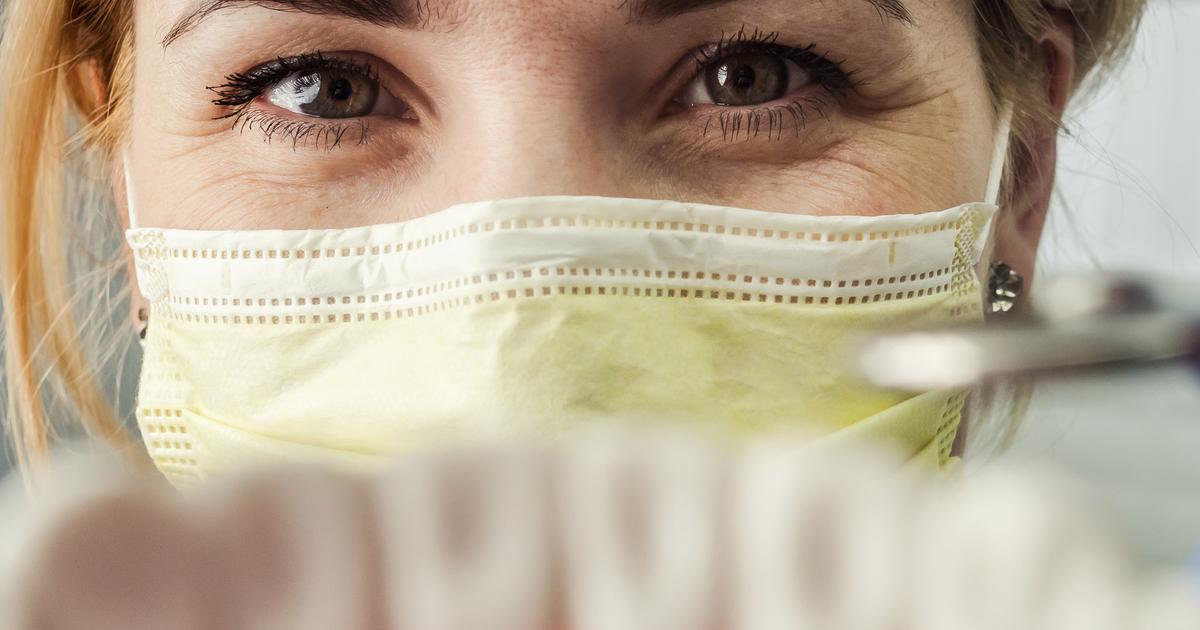Causes And Risk Factors For Aspiration
Gastroesophageal Reflux Disease
Gastroesophageal reflux disease is a disorder of the digestive system that causes stomach acid to flow back up into the esophagus. The backwash of stomach acid that enters an affected individual's esophagus causes inflammation and damage to the esophageal tissues. Acid reflux is the backwash of acid into the esophagus, and gastroesophageal reflux disease describes episodes of acid reflux that occur at least twice per week in an individual. The inflammation that occurs in the esophagus of a gastroesophageal reflux disease patient causes its tissues to become swollen and the inner esophageal tube to become more narrow than usual. An individual who has a swollen and narrowed esophagus is more likely to experience aspiration because food can be redirected into the windpipe easier.
Read more about the risk factors linked to aspiration now.
Dental Issues

The risk of foreign body aspiration has long been recognized in the dental community, as this kind of aspiration occurs due to dental appliances, dental fixtures, dental instruments, and other dental equipment coming loose in the mouth or falling into the patient's throat during a dental procedure. Individuals who tend to have poor oral hygiene are also at an increased risk of experiencing aspiration. Decaying teeth tend to attract food particles that harden into plaque and tartar on the teeth, which can be aspirated if it is allowed to accumulate. Extreme tooth decay can cause an individual to lose chunks or pieces of a tooth, which can also be aspirated down their windpipe and into their lungs. Dental issues can also cause problems with swallowing, which can also cause them to aspirate food particles or other matter into their lungs.
Uncover more causes and risk factors for aspiration now.
